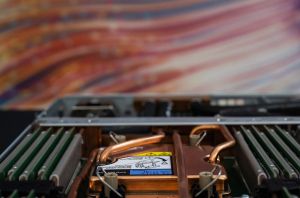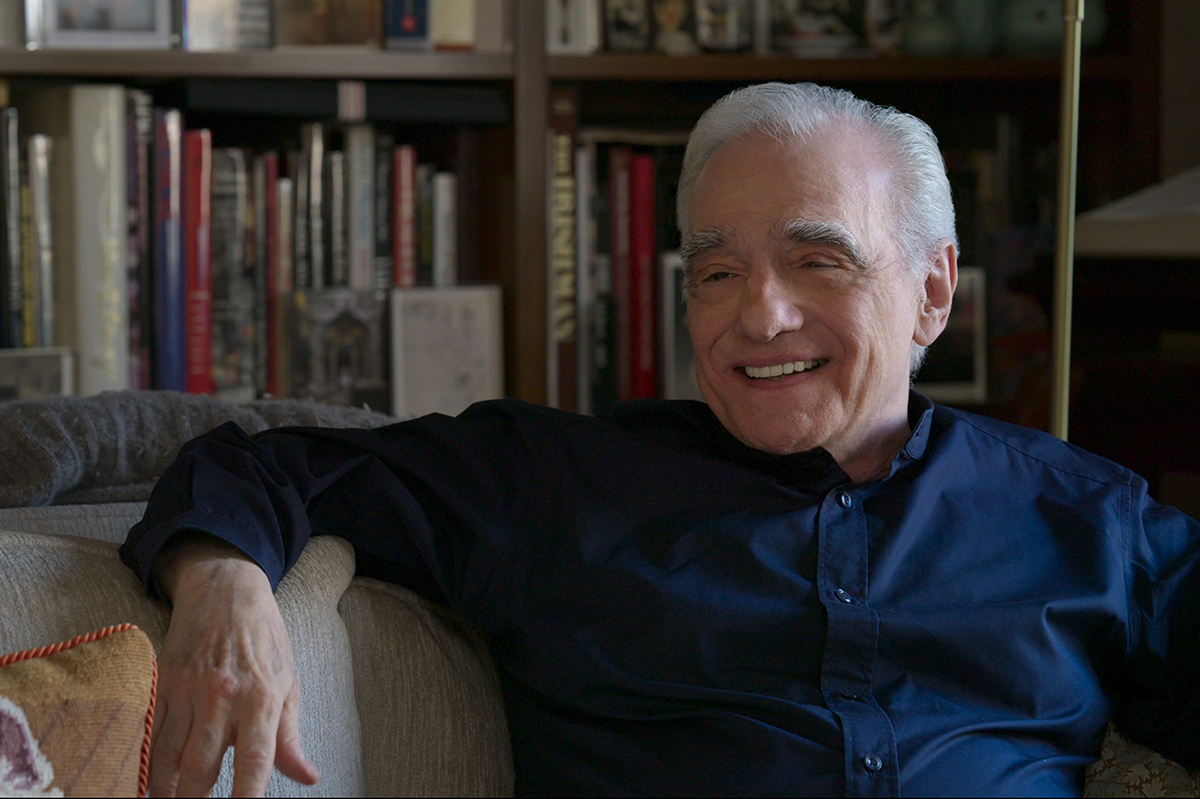Another day, another bunch of rampaging, acid-blooded xenomorphs. Noah Hawley’s new series, Alien: Earth, comes hard on the heels of the profoundly forgettable but commercially successful latest installment in the film saga, Romulus. That film got into trouble with certain viewers for its artistic necrophilia in the artificial-intelligence-assisted resurrection of Ian Holm’s character Ash from the first Alien film, as well as some rather laborious fan service in the repetition of various hard-as-nails catchphrases. But still, its box-office revenue indicated that there is still, after four and a half decades, a hearty appetite for audiences who want to be scared witless by rampaging extra-terrestrials: the very opposite of kindly, friendly ET types.
Hawley’s show has been described, perhaps optimistically, as doing the same for Alien that Andor did for Star Wars. Certainly, it has the same grimly detailed, adult-oriented approach, focusing on the nitty-gritty of life in 2120 where the world is no longer ruled by government but by five all-powerful corporations, of which the original series’ Weyland-Yutani, first glimpsed briefly in the second episode, is but one among equals. The latest interloper is none other than the Prodigy, run by the Elon Musk-esque disruptor Boy Kavalier (a fascinatingly smarmy Samuel Blenkin, in what will surely be a breakthrough role), which takes a particular interest when a Weyland-Yutani spacecraft crash-lands into Prodigy-owned territory. As anyone who has seen any of the other Alien series will know, Weyland-Yutani are not good people, and so there are terrible, never-before-seen horrors on board, which duly escape. Bloodshed ensues.
What makes Alien: Earth distinctive and will undoubtedly account for its interest over future weeks, is that Hawley has followed the lead that Ridley Scott established in his last two pictures, Prometheus and the underrated Alien Covenant. There, the android David, as played beautifully by Michael Fassbender, was as much a source of interest to Scott as any of the xenomorphs, and by Covenant, the TE Lawrence–styled robot, which had absorbed artificial intelligence to a frightening degree, was shown to be superior to any of the comparatively dopey humans in every regard.
This has persisted into Alien: Earth, as we are shown Boy Kavalier’s grand plan: he wishes to create a new marriage between human consciousness and android bodies in the form of so-called synthetics, which will be a new and groundbreaking means of creating life, surpassing cyborgs and other androids in the process. The casting of Timothy Olyphant as the unnervingly softly spoken, Rutger Hauer–styled synthetic Krish only serves to make one wonder what the hell is coming next.
If this sounds like a potentially uneasy combination of Frankenstein-esque philosophizing and Aliens-esque hugger-mugger, then rest assured that Hawley, probably best known for his Fargo television series, has responded to the Alien legacy with considerable aplomb. It is generally accepted that the first two films are the best, and it isn’t hard to see the DNA of Scott’s original here: the show even opens with a doomed spacecraft, the Maginot, and its similarly imperiled ensemble, all of whom (bar one) swiftly meet suitably horrible ends.
Yet by the time that Alex Lawther’s reluctant grunt-cum-medic Hermit – brother of the excellent Sydney Chandler’s child-like synthetic Wendy – appears, there is a welcome return to James Cameron-esque scenes of peril and extreme violence, including, rather brilliantly, a gang of eighteenth-century styled 1 percenters being torn limb from limb by a deeply unimpressed xenomorph. There’s plenty of black humor here (a Hawley specialty) and even if the first two episodes move slowly at times, there are intriguing threads being laid down for future shows, perhaps even a second series. On this evidence, that would be extremely welcome.


























Leave a Reply